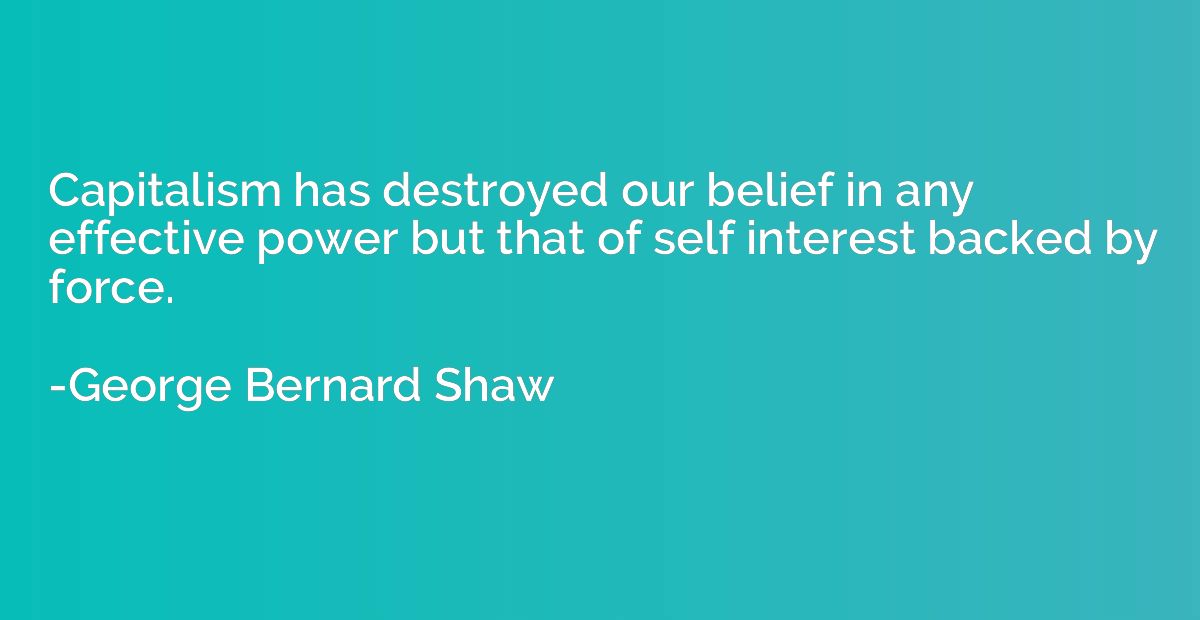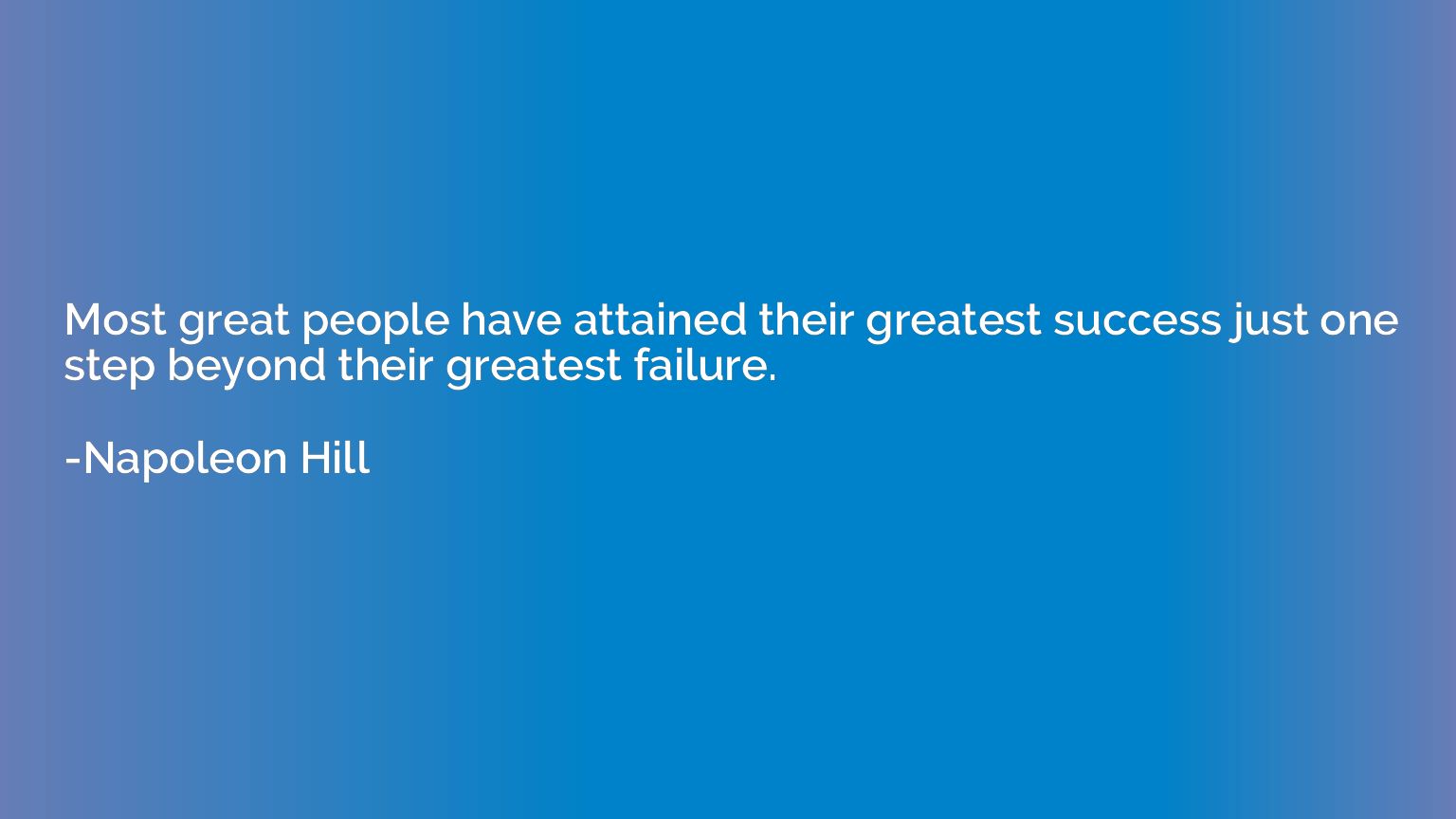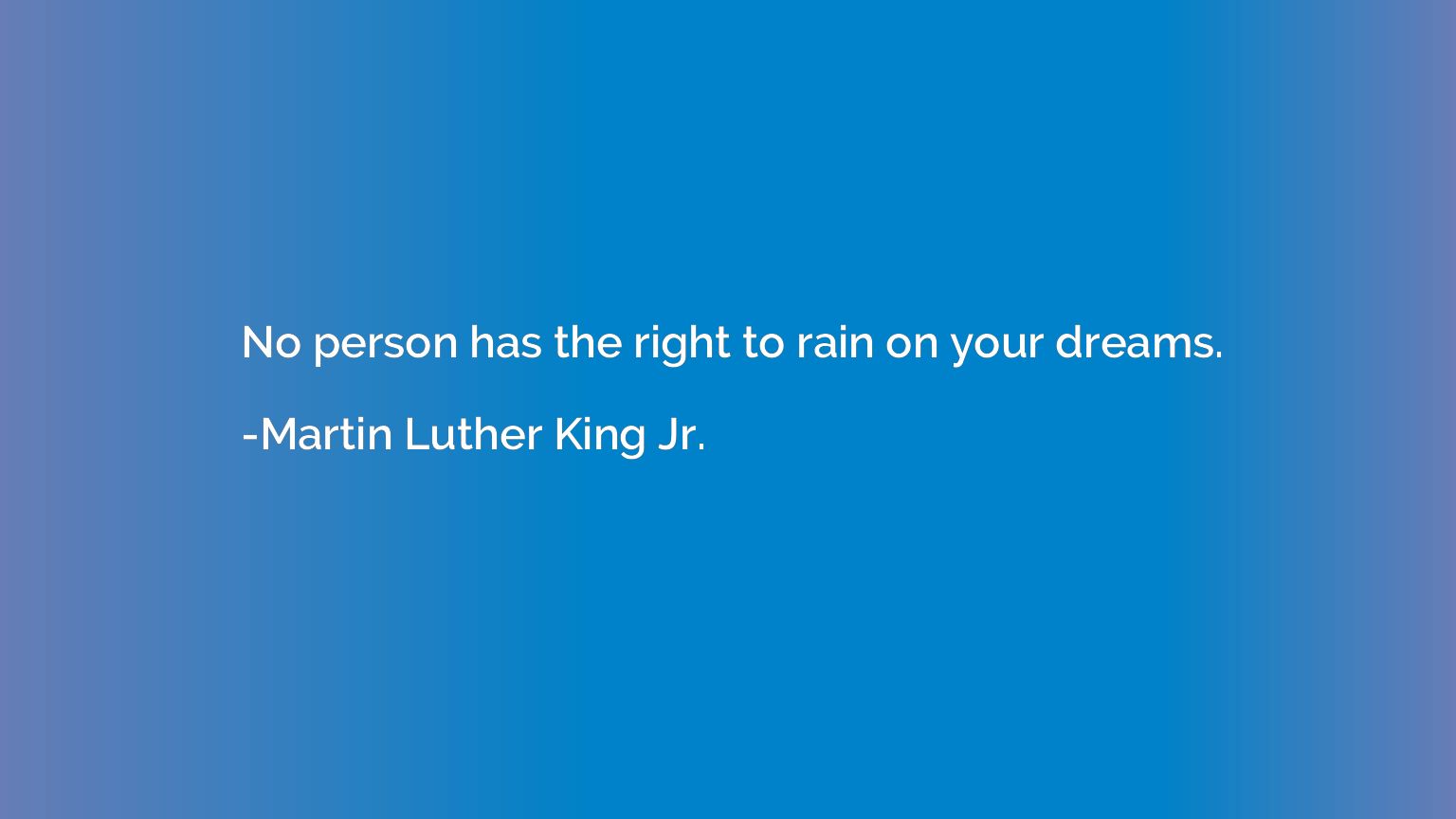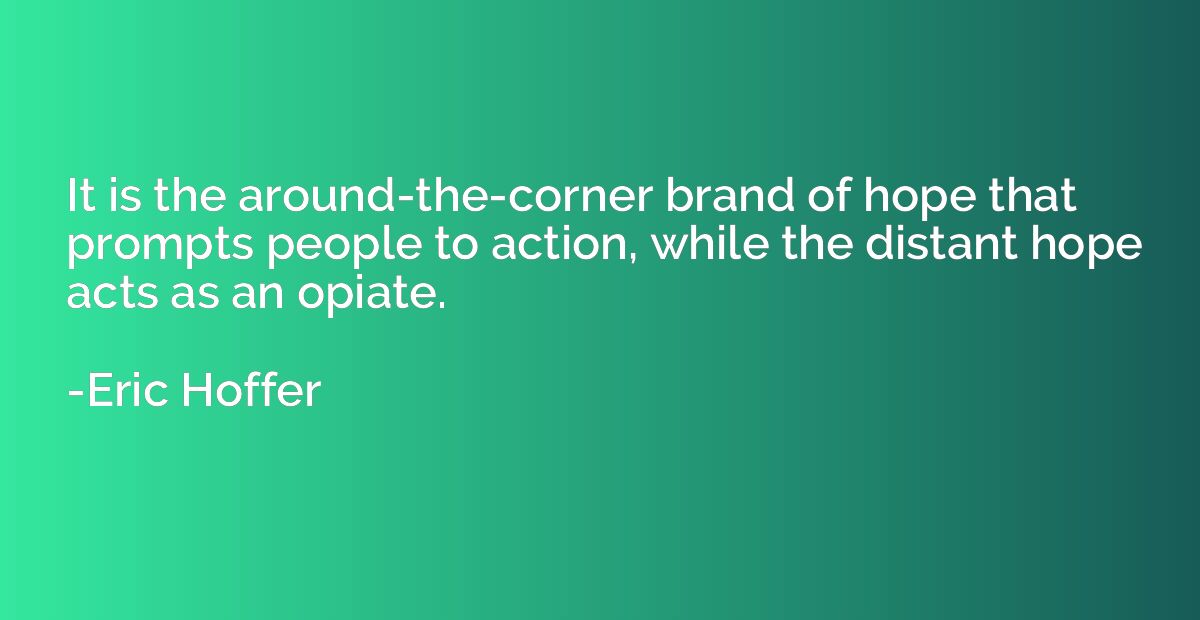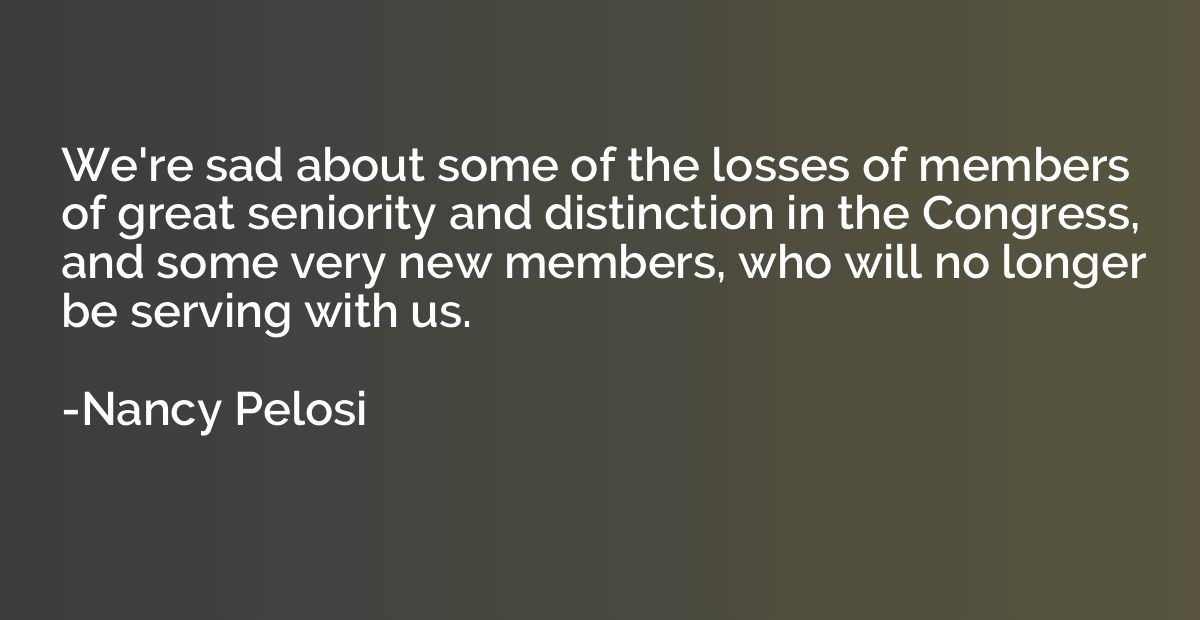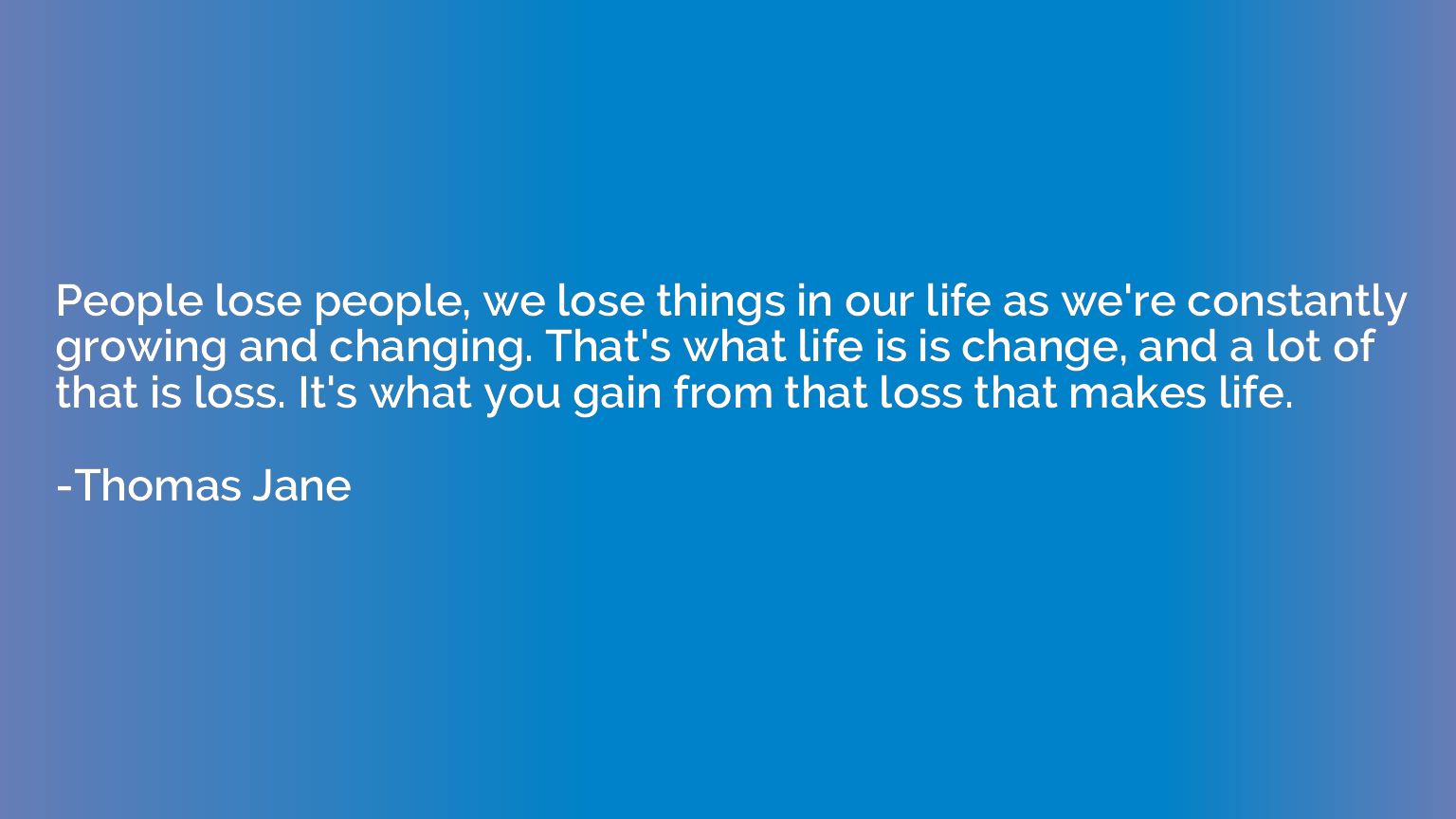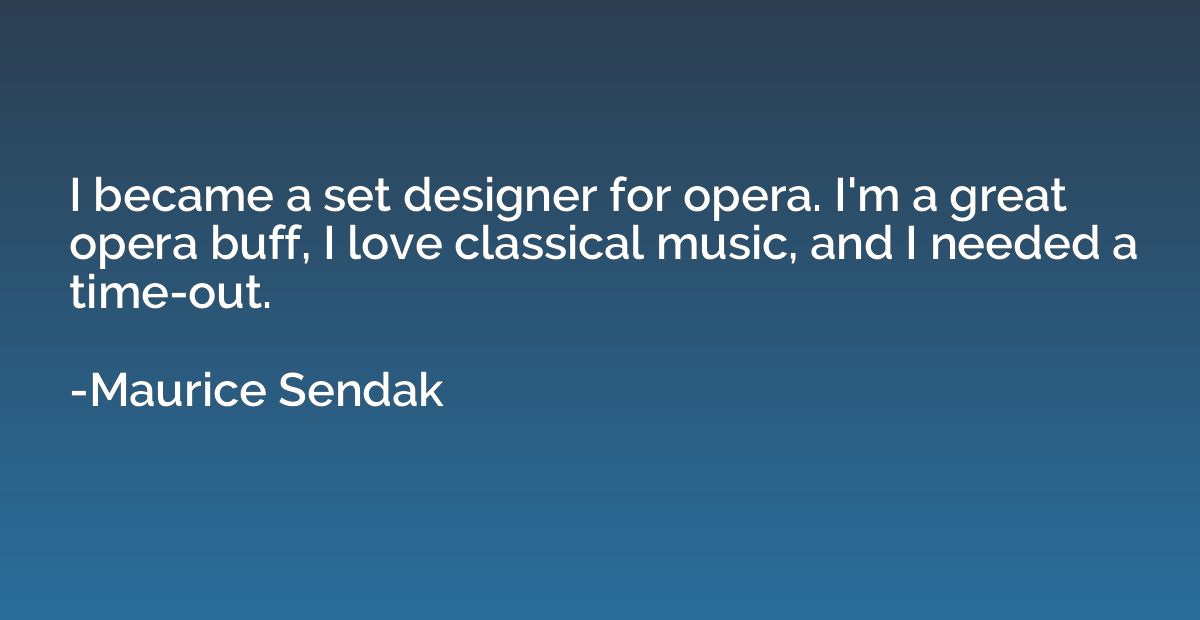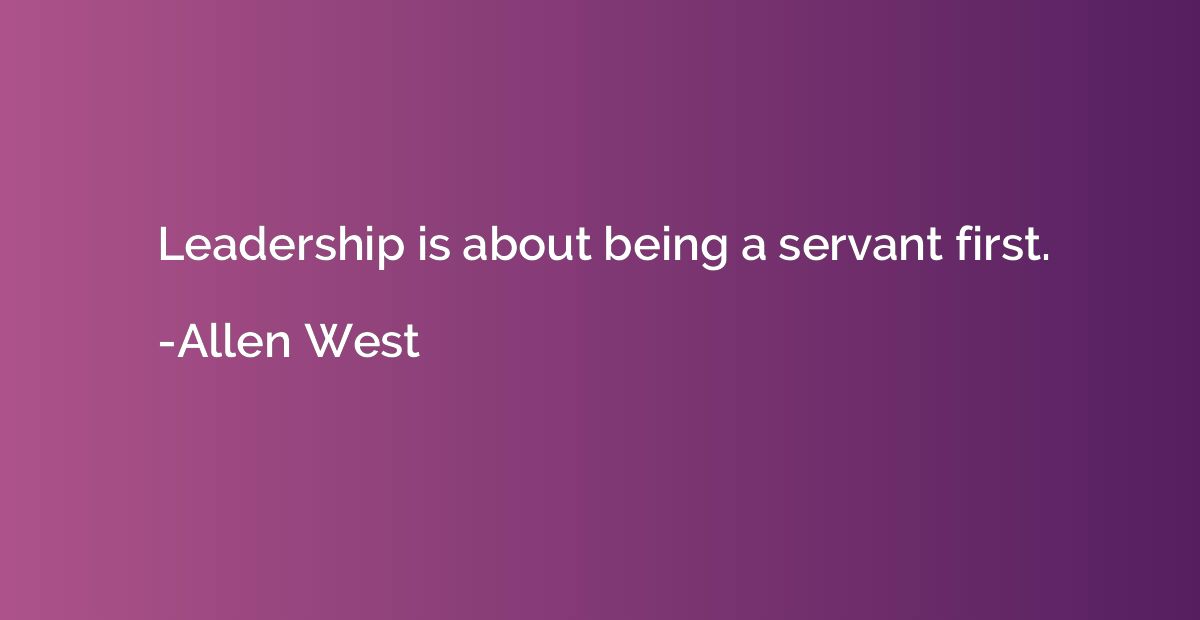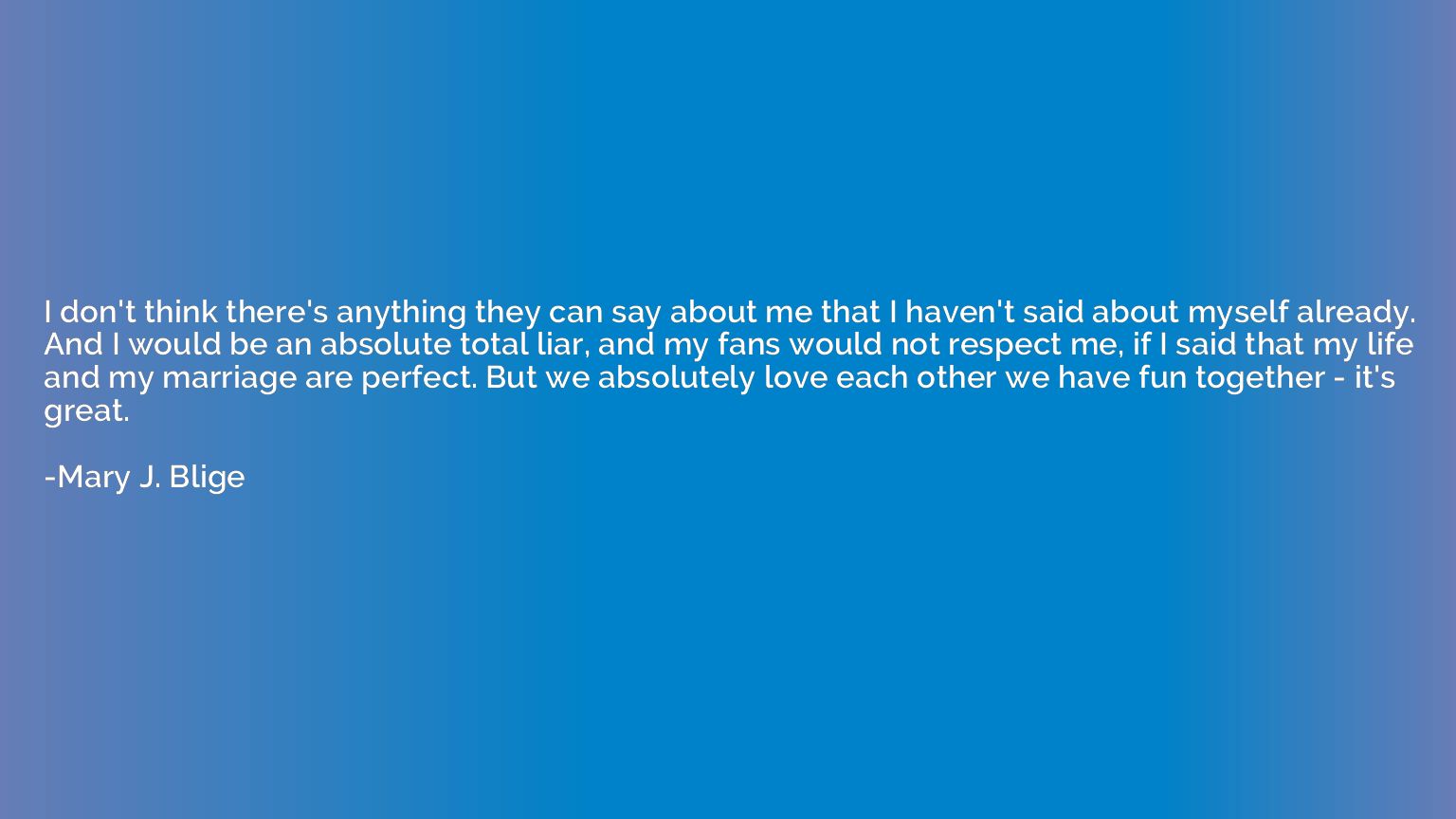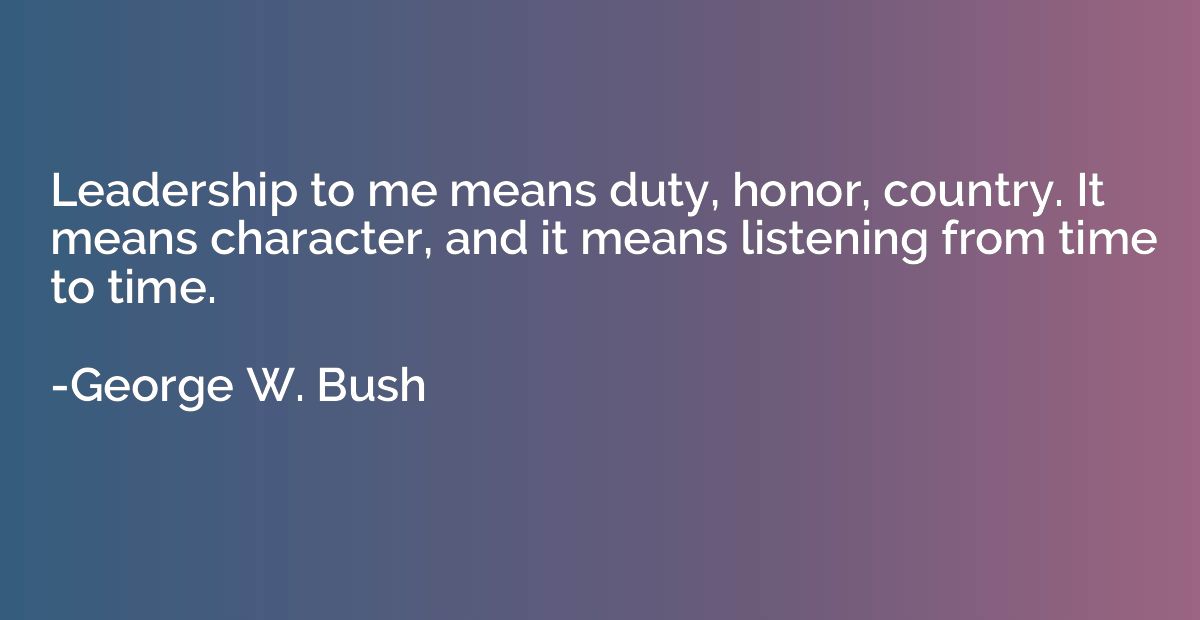Quote by Aristotle
Mothers are fonder than fathers of their children because they are more certain they are their own.
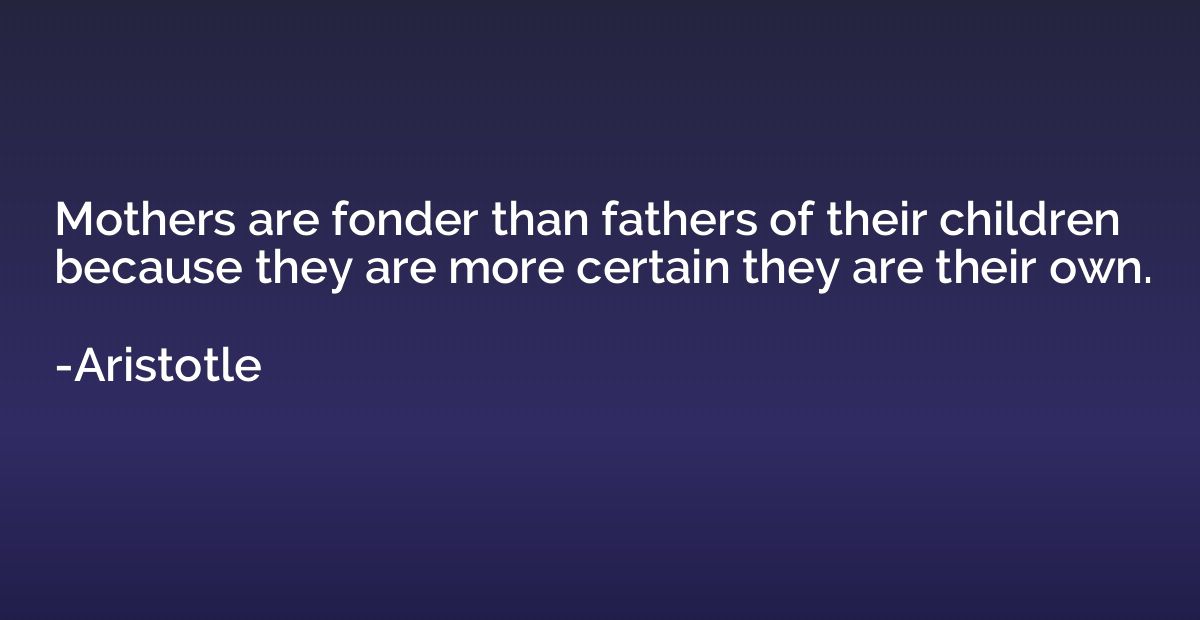
Summary
This quote suggests that mothers have a stronger fondness or love for their children compared to fathers due to their biological connection to them. Since mothers are directly involved in giving birth and nurturing their children from infancy, they have a greater sense of certainty that their children are biologically theirs. This bond between mother and child is believed to result in a deeper emotional connection and fondness. However, it is important to note that this quote generalizes the emotional attachment of mothers and fathers and may not hold true for all individuals.
Topics
Facts
By Aristotle




